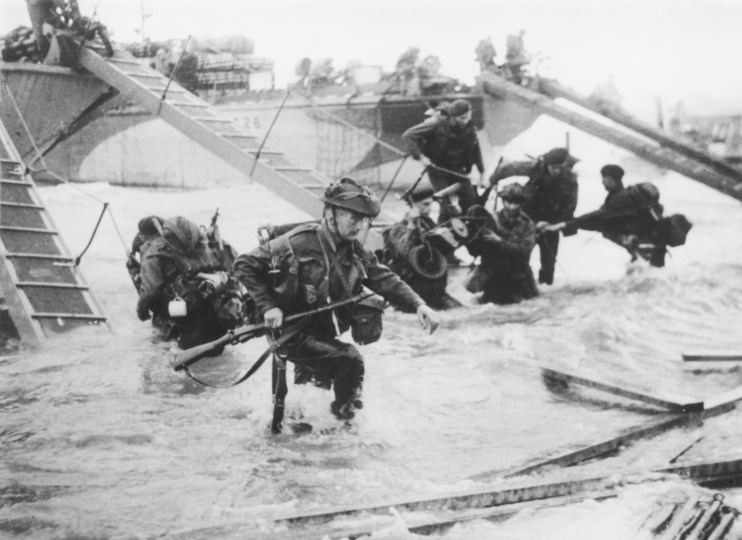My generation must never forget the sacrifice D-Day heroes made for our freedom

80 years on from D-Day, memories of the allied re-invasion of Normandy are fading and a mood of national pessimism downplays its success. It’s time for that to change, argues William Atkinson
For my generation of young people, D-Day’s importance and the scale of the heroism involved can pass us by. Only 48 per cent of people aged 18-24 know it was the day upon which allied forces landed on the Normandy beaches, according to a Commonwealth War Graves Commission survey. One in five have no idea at all what it was. On its 80th anniversary, that is an appalling state of national ignorance.
D-Day was one of the most important moments in Britain’s history, and therefore the world’s. If the invasion had failed, the deception hadn’t worked, and British, American, and Commonwealth troops were massacred on French shores, it would have been a staggering setback to Allied plans and condemned Europe to months – if not years – more of terror under the Nazi imperial jackboot.
The invasion’s success saved hundreds of thousands of lives – from the Eastern Front, to British cities under assault from German V Weapons, to the death camps of the Holocaust. Since we have become used to the operation’s success, we have forgotten just how risky it was – or how terrifying it would have been to be parachuted behind enemy lines to storm up the beaches towards the machine guns.
We have long downplayed the operation in Britain, leaving it to others to commemorate. Band of Brothers or Saving Private Ryan give the impression of an American operation. But it was led by Britain, in terms of manpower, planning, and losses. British troops died at twice the rate of the Americans in Normandy, 22,000 in total. That is not to dismiss America’s essential role, but to recognise our own.
Why do we neglect D-Day? National pessimism, perhaps. We gloomily immortalise Dunkirk, rather than the tremendous success of the Allied re-invasion. As the surviving veterans grow older, younger generations are disconnected as first-hand memories fade. It doesn’t help that our schools so often seem to prefer teaching a history of life on the domestic front, rather than the course of the conflict.
Since I was dishonourably discharged from my school’s Combined Cadet Force, I am far from the best example of the English martial tradition. But when only seven per cent of 18-40-year-olds would volunteer to fight for Britain in a Third World War, it suggests an underappreciation of the heroism of those to whom we owe our freedom. Whomever wins the election, that must change
William Atkinson is assistant editor of Conservativehome